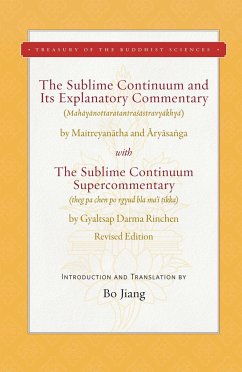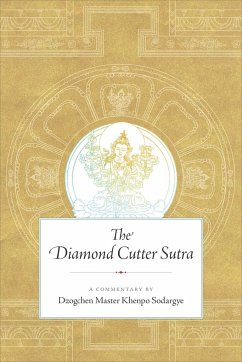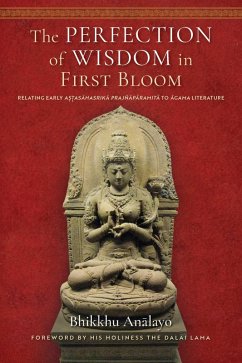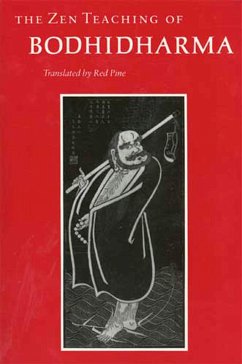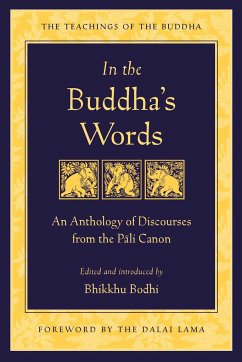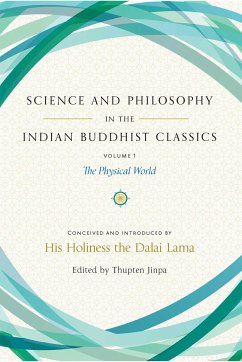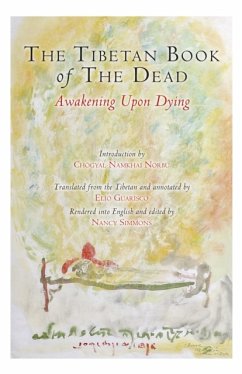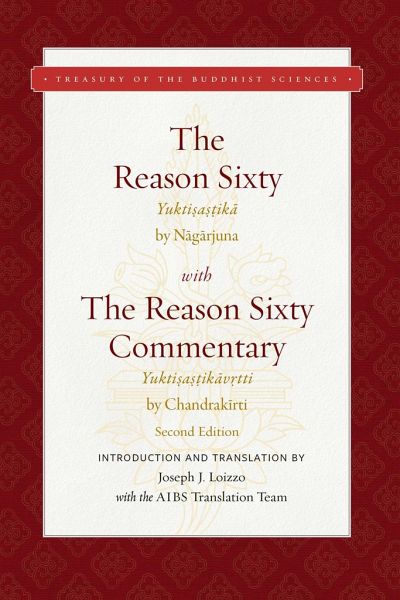
The Reason Sixty
With the Reason Sixty Commentary, Second Edition
Übersetzer: Loizzo, Joseph J

PAYBACK Punkte
25 °P sammeln!
"This volume contains English translations of two critical treatises of the Middle Way (Madhyamaka) Buddhist philosophical school: the Reason Sixty, by the most important of Indian thinkers Nåagåarjuna (2nd CE), and the commentary by his most influential successor, Chandrakåirti (7th CE). These two treatises emphasize the non-foundationalist reasoning for which Madhyamaka thought is famed, here within the context of that quintessential Buddhist topic, universal compassion, thereby illuminating the nondual nature of these two fundamental components of Indian Buddhist thought. The full import...
"This volume contains English translations of two critical treatises of the Middle Way (Madhyamaka) Buddhist philosophical school: the Reason Sixty, by the most important of Indian thinkers Nåagåarjuna (2nd CE), and the commentary by his most influential successor, Chandrakåirti (7th CE). These two treatises emphasize the non-foundationalist reasoning for which Madhyamaka thought is famed, here within the context of that quintessential Buddhist topic, universal compassion, thereby illuminating the nondual nature of these two fundamental components of Indian Buddhist thought. The full import of Nåagåarjuna's verses are brought to life by Chandrakåirti, whose influence in Tibetan Buddhist educational institutions remains profound to the present. Translator Joseph Loizzo, a Harvard-trained psychiatrist and Columbia-trained Buddhologist, elucidates the relevance of these two treatises to the linguistic turn in contemporary philosophy and emphasizes their practical, therapeutic possibilities. Comparing in particular the deep resonances between Chandrakåirti's commentary and Wittgenstein's later work, Loizzo presents a masterful analysis in cross-cultural thought that highlights the transformative potential of philosophy"--




